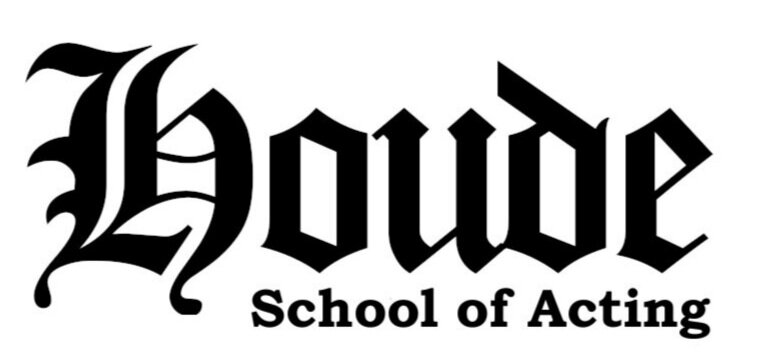Repetition - Training To Be Present
"Your hair is curly." "Your hair is curly?" "Your hair is curly." "Your hair is curly." "Ugh! Your hair is curly!"
Most people who see the first stage of the Meisner technique without any explanation of what is going on have the first impression of "What am I watching? Why are they saying the same thing over and over again? I thought I was supposed to be learning acting? Is this all that Meisner is?"
And to be fair, to an outside view without any understanding of the repetition's purpose and intention-- this likely will look odd. And yet, this first stage of repeating back and forth the same piece of the same phrase is the foundation for the rest of Sanford Meisner's Acting Technique.
First, we must understand that the repetition is not about what is being said-- it's instead about how something is being said, felt, and reciprocated in the present moment. All acting starts with the basis of reacting off of our partners under the imaginary circumstances. Meisner recognized that many actors are unfortunately caught in the dialogue, subtext, blocking, and choices that they fail to act naturally when they pick it up from the page. Instead, they focus on their work and not what is going on outside of themselves (which we do in everyday life).
So Meisner gave actors a gift—he took away the focus from what is being said and instead made it so that the only thing an actor would need to focus on was their partner. Nothing else. This level of attention to working in the present in the moment is the core of honest acting.
Through the repetition, we can train ourselves to develop a specific point of view in the moment, react honestly, and develop a palpable connection with our partners that the audience can feel. We like to say that repetition is the equivalent of a 'ping-pong game of emotions' being felt back and forth of each other for this reason. One person feels something and expresses it through the given "dialogue" of the repetition as if it were the only thing that they can say. They send that energy to their partner, who reacts in whatever way they honestly feel, also known as their 'point of view'. Because this other partner felt something new, the original partner needs to change in the present moment.
By Diana Frankhauser

